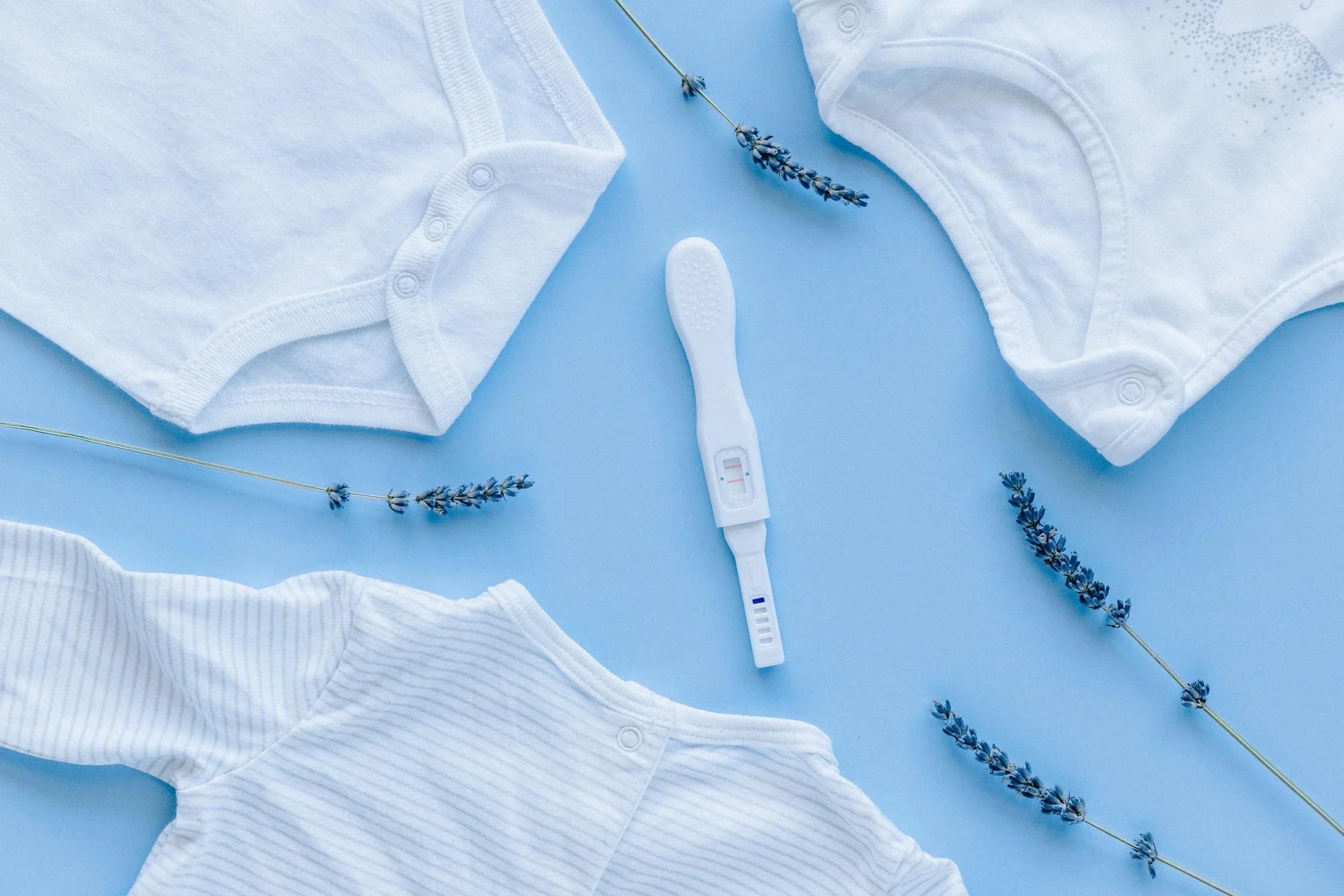Home
Pregnancy, Breastfeeding, and Pumping: The Ultimate Guide for Moms
Can I Take a Pregnancy Test 8 Days Before My Period?

Can I Take a Pregnancy Test 8 Days Before My Period?
Are you wondering if you can take a pregnancy test 8 days before your period? The anticipation of waiting to find out if you're pregnant can be overwhelming, especially when you're eager for answers. This article dives into the science behind early pregnancy testing, its accuracy, and what you need to know before taking the plunge.
Understanding Pregnancy Tests and How They Work
Pregnancy tests detect the presence of human chorionic gonadotropin (hCG), a hormone produced by the placenta after a fertilized egg attaches to the uterine lining. Most tests are designed to measure hCG levels in urine, although blood tests are also available for more accurate results. The hormone typically starts to appear in the body shortly after implantation, which occurs about 6 to 12 days after ovulation.
Can You Test 8 Days Before Your Period?
The short answer is yes, but the accuracy depends on several factors. Testing 8 days before your expected period is considered early, as implantation may not have occurred yet for some women. If implantation has happened, hCG levels might still be too low for detection by most home pregnancy tests. However, some highly sensitive tests claim to detect hCG as early as 7 to 10 days after ovulation.
Factors That Influence Test Accuracy
Several factors can affect the accuracy of a pregnancy test taken 8 days before your period. These include:
- Ovulation Timing: If you ovulated later than expected, implantation may not have occurred yet, making the test less reliable.
- hCG Levels: hCG levels vary from woman to woman, and some may produce the hormone at a slower rate.
- Test Sensitivity: Not all pregnancy tests are created equal. Some are more sensitive and can detect lower levels of hCG.
- Testing Method: Using first-morning urine, which is more concentrated, can improve accuracy.
What to Do If You Test Negative
A negative result 8 days before your period doesn't necessarily mean you're not pregnant. It could simply mean that hCG levels are too low to detect. If you suspect you might be pregnant, consider waiting a few more days and testing again. Alternatively, consult a healthcare professional for a blood test, which can detect lower levels of hCG earlier than urine tests.
When to Take a Pregnancy Test for the Most Accurate Results
For the most reliable results, it's generally recommended to wait until the first day of your missed period. By this time, hCG levels are usually high enough to be detected by most home pregnancy tests. However, if you're experiencing early pregnancy symptoms or have reason to believe you might be pregnant, testing earlier can still provide valuable insights.
Early Pregnancy Symptoms to Watch For
While waiting to take a pregnancy test, you might notice some early signs of pregnancy. These can include:
- Implantation Bleeding: Light spotting that occurs when the fertilized egg attaches to the uterine lining.
- Breast Tenderness: Hormonal changes can cause your breasts to feel sore or swollen.
- Fatigue: Increased progesterone levels can make you feel unusually tired.
- Nausea: Morning sickness can start as early as two weeks after conception.
The Emotional Rollercoaster of Early Testing
Taking a pregnancy test before your period can be an emotional experience. The uncertainty of waiting for results, coupled with the possibility of a false negative, can be stressful. It's important to manage your expectations and remember that early testing isn't always definitive. Surround yourself with support and stay patient as you await clearer answers.
What to Do If You Get a Positive Result
If your test shows a positive result, congratulations! The next step is to confirm the pregnancy with a healthcare provider. They can guide you through the next steps, including prenatal care and lifestyle adjustments to support a healthy pregnancy. Early confirmation also allows you to start taking prenatal vitamins and making necessary changes to your routine.
Final Thoughts on Early Pregnancy Testing
Taking a pregnancy test 8 days before your period is possible, but it's essential to understand the limitations. While some tests may provide early insights, waiting until your missed period increases accuracy. Regardless of the result, remember that every woman's body is different, and patience is key. If you're unsure or have concerns, don't hesitate to seek professional advice.
Curious about early pregnancy testing? Whether you're hoping for a positive result or just want to be prepared, understanding the process can help ease your mind. Stay informed, stay patient, and trust your body's unique journey.
Share

